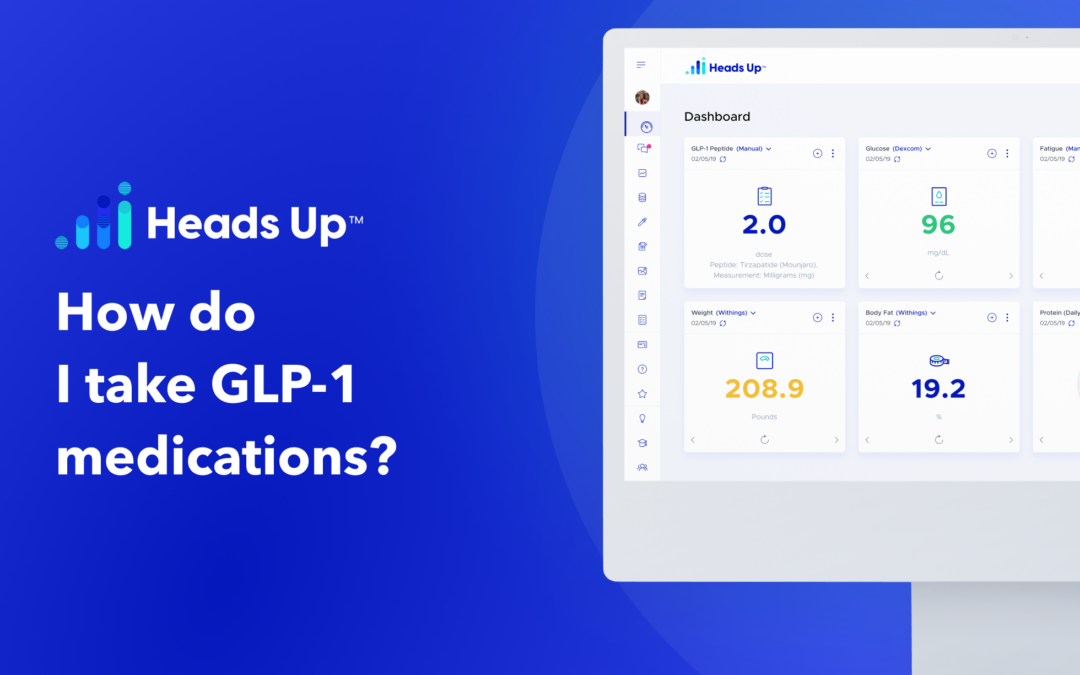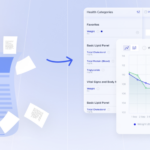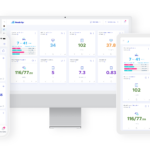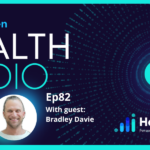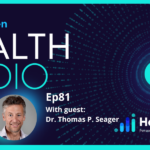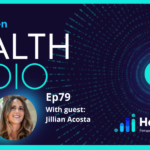LP-1 medications are typically given by injection once per week. There are some GLP-1 medications that require daily injections. There is a new version of semiglutide called Rybelsus that is taken as a daily pill but is currently only approved for diabetes management.
GLP-1 Injections
Depending on your provider, GLP-1 medications come in an injectable pen that you will give yourself at home or that will be injected once weekly in your doctor’s office.
If you are giving yourself the injections, start by reading any instructions provided for how to use the medication. Store the medication in the refrigerator if directed to do so.
Pick a convenient day of the week to give yourself the injection, as it has to be taken once a week on the same day. The medication can be injected at any time of the day and does not need to be taken with food.
When you are ready to take your medication, always start by washing your hands. Inject the medication into the fat layer under the skin in the stomach, outer thigh, hips, upper buttocks, or the backs of the arm. Some manufacturers recommend injecting the medication into a different area of the body each week.
Be sure to dispose of the pens or needles safely. Follow your community guidelines for the proper disposal of sharps, as requirements can vary based on where you live.
Side effects
Monitor yourself for any side effects after the injection. You can expect some redness or bruising at the injection site. You may experience mild digestive side effects such as nausea, diarrhea, or constipation. You may also experience some dizziness, increased heart rate, or headaches.
If you have any signs of an allergic reaction, get immediate medical attention and stop taking the medication right away. Speak to your doctor if you have concerns about side effects.
Stopping the medication
While the medication can be stopped without any specific side effects, GLP-1 medications are meant to be used long-term. Both obesity and diabetes are considered chronic conditions that need to be managed. If you stop taking the medication, the blood sugar-lowering effects will go away.
You may or may not regain the weight lost if you stop taking the medication, depending on your lifestyle habits. A 2022 study found that most people regained about ⅔ of the weight they lost within a year after stopping the medication. Speak to your doctor if you want to stop the medication, as they can discuss your options with you.
References:
- Filippatos, T. D., Panagiotopoulou, T. V., & Elisaf, M. S. (2014). Adverse Effects of GLP-1 Receptor Agonists. The Review of Diabetic Studies: RDS, 11(3-4), 202–230.
- Wilding, J. P. H., Batterham, R. L., Davies, M., et al. (2022). Weight regain and cardiometabolic effects after withdrawal of semaglutide: The STEP 1 trial extension. Diabetes, Obesity & Metabolism, 24(8), 1553–1564.
